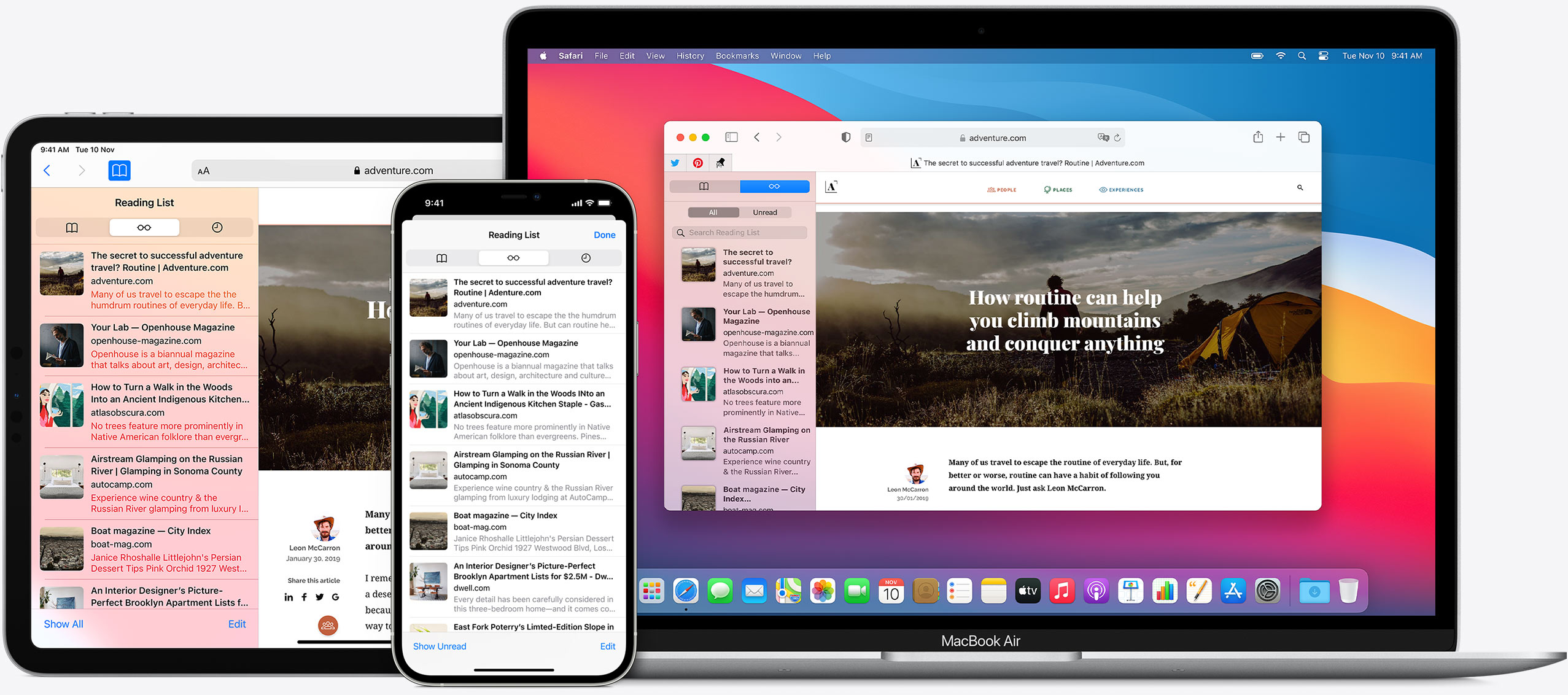
- #IS SAFARI WITH MAC SAFER THAN WINDOWS FOR INTERNET FOR WINDOWS 10#
- #IS SAFARI WITH MAC SAFER THAN WINDOWS FOR INTERNET WINDOWS 10#
- #IS SAFARI WITH MAC SAFER THAN WINDOWS FOR INTERNET WINDOWS#
#IS SAFARI WITH MAC SAFER THAN WINDOWS FOR INTERNET WINDOWS#
It’s the data that falls into the “optional” category that Windows lets you control. This can’t be turned off, regardless of the settings you choose. Information like what device people are using Windows on falls into this category. This kind of user data is used to keep Windows up-to-date and working properly, as well as aiding the delivery of the latest security updates. Rogers says Microsoft categorizes some data as “required” for sharing, such as basic diagnostics.

#IS SAFARI WITH MAC SAFER THAN WINDOWS FOR INTERNET WINDOWS 10#
Five years on from the launch, is Windows 10 any better at keeping your data private? Microsoft quickly made changes, but even these weren’t enough to placate regulatory bodies like the European Union. In the early days of Windows 10, it was roundly criticized for the amount of data it collected by default. “The tracking performed is comprehensive and includes things like your search history in Bing, your browsing history and a transcript of the things you say to Cortana, your location history, and health data acquired via HealthVault and Microsoft Band.” “Windows 10 is recognized by privacy experts as being invasive due to the widespread collection of telemetry data that is enabled by default,” he told us. Ray Walsh may have been critical of Mac, but when it came to Windows, he held no punches.
#IS SAFARI WITH MAC SAFER THAN WINDOWS FOR INTERNET FOR WINDOWS 10#
The ugly reality is that, despite all the talk, it is not opting to do those things.” Privacy remains an opt-in choice for Windows 10 “This is frustrating because Apple has more control over its platform than any other manufacturer, and it could set much tighter restrictions on app developers to improve privacy for its users. It still allows apps within the App Store to harvest sensitive information, in some cases, even as they sleep. Walsh notes that Apple is still collecting a lot of data from users. In other words, if it’s going to hold tighter reins on its devices, it should also be held to a higher standard for privacy and security. However, it does still allow app developers to collect data from users directly.” “Apple does this less than some of its biggest competitors. “Many firms profit from data by turning it into a direct revenue stream, selling consumer data to any third party that is willing to pay,” he said. But for Walsh, being better than the competition isn’t good enough. Walsh notes that Apple shares personal data with fewer third-party companies, which allows Tim Cook to make some bold claims about its user privacy stances. This tight control is exasperating because Apple could do more with it to keep your data truly private. A closed system means the public doesn’t always have a great idea of what Apple is actually doing to prove its promises. “Apple has more control over its platform than any other manufacturer, and it could set much tighter restrictions on app developers.” “This means that Mac users are ultimately at the whim of the tech giant, and it is hard to state with any confidence exactly what kind of telemetry Apple might (or might not) be acquiring via its operating system.”

However, Walsh does sound a word of caution: “Despite a popular perception that Apple is a security and privacy-conscious developer, the reality is that MacOS is a closed source platform,” he said. “This does make MacOS more secure, which improves data privacy by decreasing the chances of hardware-based vulnerabilities that lead to hacking or surveillance.” “Apple can be credited with an advantage due to its tighter control over the hardware that runs MacOS,” Walsh told Digital Trends. The organization conducts research and reviews from purely a privacy standpoint. To find out how much truth is in that assumption, we spoke to Ray Walsh of the advocacy group ProPrivacy. The assumption is that Apple’s closed system has a positive impact on security and privacy. Windows 10, on the other hand, runs on hardware from dozens of manufacturers, all offering different systems and configurations.

MacOS and Windows are both desktop operating systems, but they have different philosophies when it comes to security and privacy. We also went to Microsoft and Apple themselves to find out what their desktop operating systems do to keep your data safe.

We decided to ask the experts, from tech analysts and privacy advocates to antivirus specialists. In a world awash with data leaks and cybercriminals, that’s reassuring.īut when it comes to the Mac and its comparisons against Windows, are the assumptions true? Is MacOS actually better at protecting your privacy? After all, a recent survey found that more Americans trust Microsoft than Apple with their private data, at a rate of 75% to 69%. Its stance on user privacy has been one of the dominant themes of Apple’s marketing, especially in the past few years. Fitbit Versa 3Īpple talks a big game when it comes to security.


 0 kommentar(er)
0 kommentar(er)
